Employment & Opportunity
Dr. Margaret Beier examines determinants of success in educational and work environments. In particular, she focuses on 1) improving educational experiences and outcomes for all students by focusing on barriers to success, and 2) helping all workers with continuous learning and development so they can remain productive and engaged throughout their working lifespan.
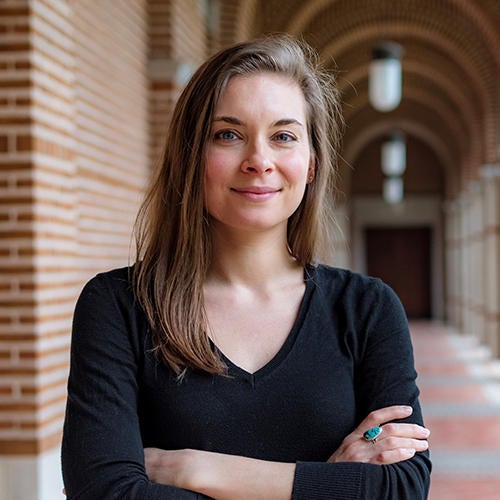
Dr. Brielle Bryan's research examines inequality and barriers to opportunity in the United States, with an emphasis on racial inequities and the role of the criminal justice system. Her current projects examine how incarceration and felony conviction shape housing, economic stability, and interaction with the social safety net over the life course.
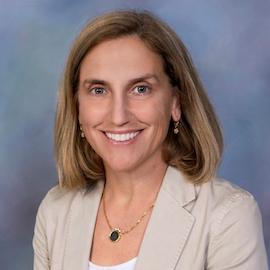
Dr. Mikki Hebl’s research focuses on making the workplace a fair and productive place for all employees. To do this, examine the biases and discrimination that disadvantaged members of the workforce face and the strategies that they, allies, and organizations can employ to maximize diversity and inclusion.
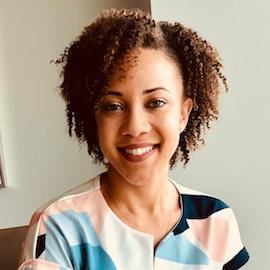
Dr. Danielle King - My research focuses on the adversities that individuals encounter in the workplace and how to foster resilience following such experiences. I am also passionate about integrating intersectionality and authenticity into discussions of equity.
Dr. Eden King is pursuing a program of research that aims to make work better for everyone. This research addresses three primary themes: 1) current manifestations of discrimination and barriers to work-life balance in organizations, 2) consequences of such challenges for its targets and their workplaces, and 3) individual and organizational strategies for reducing discrimination and increasing support for families.

Dr. Fred Oswald researches methods for detecting and remedying unfairness in employment practices (our research and software development is cited by EEOC and OFCCP)
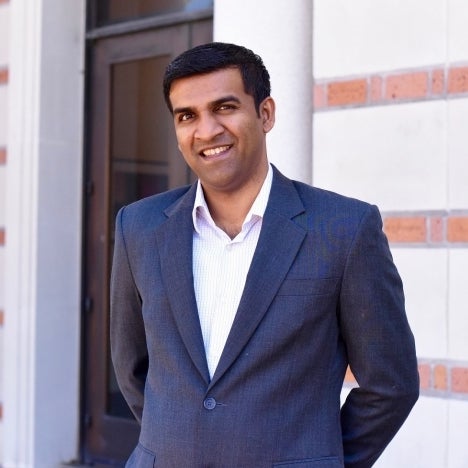
Dr. Mallesh Pai's research focuses on fairness in systems where algorithms/ machines either make decisions (e.g. the systems that evaluate applicants for loans/ credit cards) or systems where an algorithmic scoring system provides information for a human decision maker (e.g. risk assessment software for judges in parole/ sentencing, HR software used to assist with hiring). He is interested in understanding the mechanisms by which biases creep into such systems, and the design of remedies to remove them.
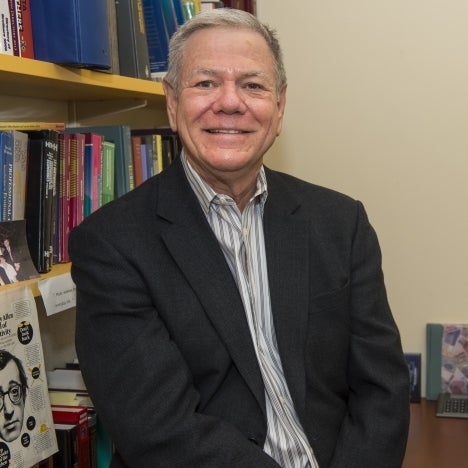
Dr. Robin Sickles has researched the sources of income inequality over a 40 year period, beginning as a member of President Carter's Minimum Wage Commission in 1979, where he explored the impact of the minimum wage and coverage under the Fair Labor Standards Act on the dynamics of earnings and their distributions for major race-sex groups. His current work involves the unequal distribution of productivity gains to wage earners and those whose salaries are complemented by earnings on equity returns.
